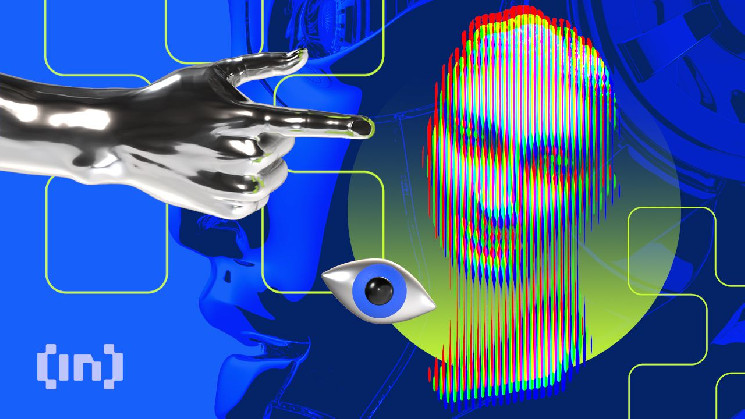NFT
Artificial intelligence (AI) has been one of the most disruptive and transformative technologies of the past decade. Its impact on various industries and sectors is still unfolding. And the latest areas to be revolutionized is non-fungible tokens (NFTs), the digital assets that have taken the art, music, gaming, and sports worlds by storm.
Enhancing NFTs’ Uniqueness, Value, and Utility
Artificial intelligence can provide NFTs with three major benefits that make them more attractive and valuable to buyers, collectors, and fans. First, artificial intelligence can enhance NFTs’ uniqueness by creating infinite variations and combinations based on the original design or concept.
Second, artificial intelligence can personalize NFTs by adding features that reflect the owner’s preferences, history, or behavior. For instance, an AI-powered music tokens can generate a unique remix or version based on the listener’s mood or location.
Third, artificial intelligence can enable real-time data analysis of NFTs’ performance, usage, and feedback. This can inform the creators, communities, and investors about their market value and potential. For instance, an AI-powered sports NFT can track a player’s stats, injuries, and achievements and adjust its price and rarity accordingly.
Creating New Business Models Through AI
Combining artificial intelligence and non-fungible tokens can also create new business models, opportunities, and markets that were impossible before.
Virtual fashion is an example where AI-generated clothes, accessories, and cosmetics can be sold as non-fungible tokens that people can wear in virtual worlds, games, or social media platforms, enabling businesses to scale up their activities more quickly than before.
Moreover, AI-powered marketplaces, platforms, and communities can facilitate the creation, discovery, and trading of AI-NFTs. This can be achieved by curating the best designs to verify their authenticity and ownership.
However, the AI-NFT combo also poses some challenges. One of these challenges with artificial intelligence is the ethical implications of using AI-generated content.
Additionally, there are still challenges related to the need for standardization and interoperability of AI-NFTs across different ecosystems and networks.


